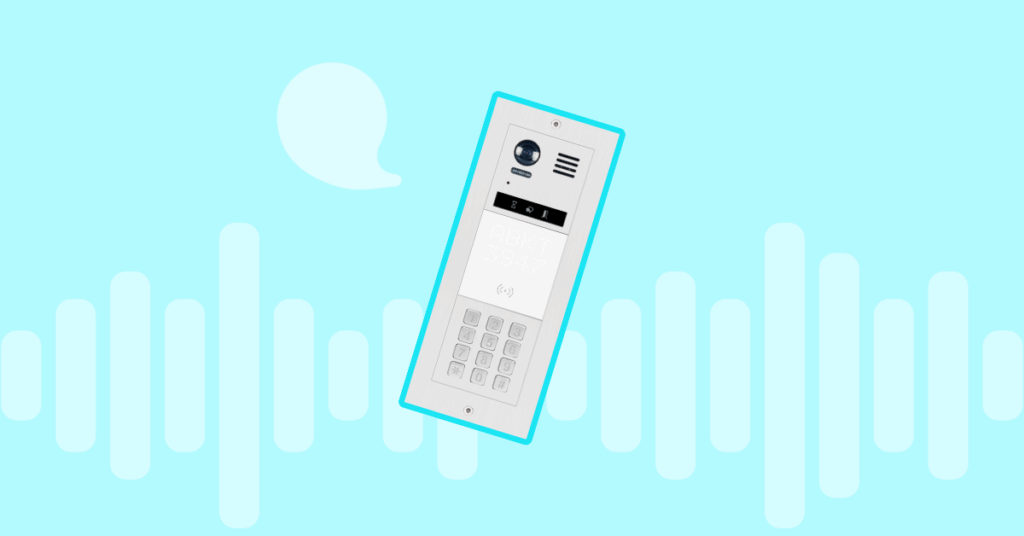
Table of contents
Lawsuits involving patents are common in the business world and no industry has escaped going through a phase of ‘patent wars’ sometime in its history. From automobiles to smartphones, patents have been the source of litigation at one time or another. Today we see VoIP under the threat of patents as well.
Patent related lawsuits aren’t new, some companies like Sprint have engaged in litigation for over ten years. While Sprint has won a few cases, not all lawsuits have been in the company’s favor. VoIP company Vonage has been the target of several lawsuits, a fact that many people view as an effort by phone companies to muzzle VoIP development.
However, recent developments may signal a key change in this trend. A Nevada District Court has finally authorized VoIP-Pal to proceed with its patent infringement lawsuit against Twitter, AT&T, and Verizon. Compared to the payout in previous cases which have ranged in the hundreds of millions of dollars, VoIP-Pal is seeking almost $2.699 billion in damages from these companies.
History of the VoIP-Pal Case
Before talking about the latest change, it’s time to review its history from the beginning. VoIP-Pal first filed a lawsuit against Twitter seeking damages in October 2016. The company had also started similar proceedings against other companies namely Apple, Verizon, and AT&T at roughly the same time.
Unfortunately for VoIP-Pal, the court proceedings were subject to a stay order, because of a petition by Apple. The latter had filed an inter partes review (IPR) with the U.S. patent office challenging the validity of the patents over which VoIP-Pal was suing. The patents in question are U.S. Patents 8,542,815 and 9,179,005.
The Patent Trial and Appeals Board (PTAB) gave its decision on the matter some time ago. The final written decision rejected Apple’s arguments and upheld the validity of the patents in question. Although Apple has started a post-judgement challenge against the decision, the District Court has given permission to VoIP-Pal for moving forward with the cases against Twitter, Verizon, and AT&T. The company is now awaiting the same permission from the District Court to proceed against Apple.
VoIP-Pal will start the discovery process and prepare evidence of infringement over the course of this year. It has taken just under two years for the company to reach this stage and no one expects the proceedings to be resolved anytime soon. Long drawn out proceedings are not new, especially when they involve technical patents of a new technology.
The Result? VoIP Under threat of Patents
While it will take some time for any judgment or decision in these cases, experts are already speculating about the effects it will have on the industry. The discussions regarding patent lawsuits often veer into tangential arguments against the patent system itself. While there are many benefits and drawbacks of the current system, there is not much point in debating it since the probability of a complete systemic overhaul is very low.
Whether the system currently in place is broken or not, it is the system that the industry has to live with. As has been highlighted before, patent lawsuits are common to almost all industries. Thus far, it has not led to the complete destruction of the market as some people feared. So it is not surprising that many people agree that the industry will move forward from this point.
While some analysts predict that such lawsuits will not affect the industry much, others disagree. Some experts contend that the VoIP industry – in current state – could be crippled by a barrage of patent infringement lawsuits. The technology is poised to replace the PSTN completely in a few years, at least in certain regions. An increase in litigation could severely curtail that process.
Another side effect of billion-dollar judgments against the company is involved in such cases is a slowdown in expansion, innovation, research, and development. Generally speaking, midsize and larger organizations are more likely to expand into foreign markets. If they get tied up in legal proceedings, the expansion will come to a halt. In the meantime, smaller companies cannot afford to participate in expensive lawsuits. They might have to settle out of court with their opponents or go out of business altogether.
So Where do We Go From Here?
Instead of spending time and money on improving VoIP technology or bringing innovative services to the market, providers will have to focus on protecting themselves from lawsuits. It could also lead to the rise of patent trolls – companies that have no intention of monetizing the patents they hold. Instead, they are only interested in suing competitors when they do introduce new services.
Such a future would be bleak indeed for the thriving VoIP industry. Fortunately, it is not all doom and doom. Just as other industries have survived such phases, there is a high probability that the VoIP industry will also pull through. until such time, we can only wait and watch.
More from the blog
Want to improve your business communication?
Unlock enterprise-class call center power at affordable prices – no hardware, no delays, no surprises!






